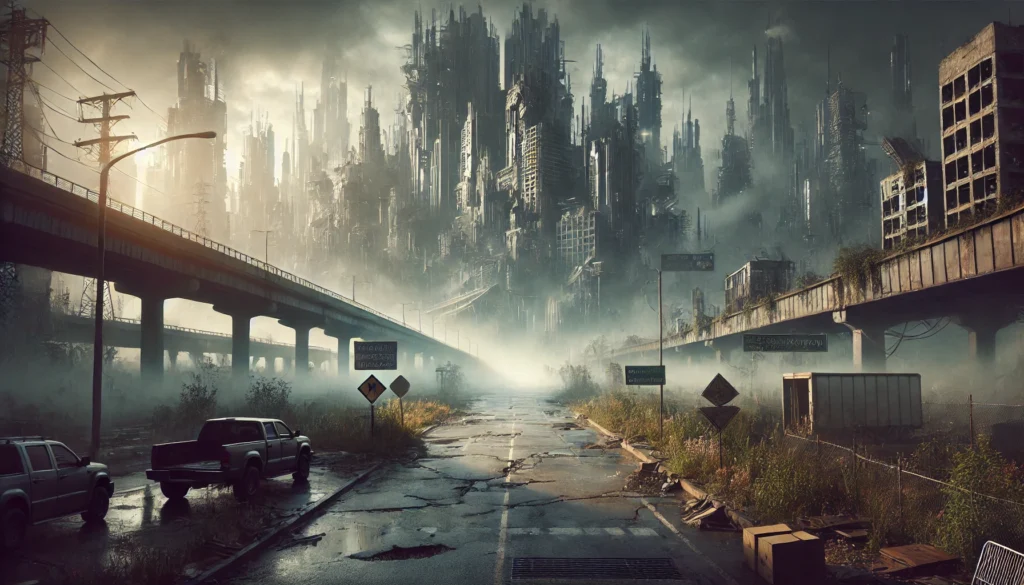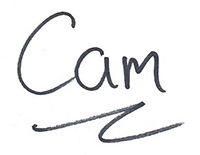
The line between dystopian and post-apocalyptic fiction has always felt a little blurry, hasn’t it? As someone who loves speculative fiction in all its forms, I often find myself asking: Is this book really dystopian, or is it post-apocalyptic wearing a shiny, Capitol-colored coat?
Case in point: The Hunger Games.
I recently picked up Suzanne Collins’ The Ballad of Songbirds and Snakes—or tried to. I made it through the Hunger Games section of the story, only to discover (surprise!) there was an entire Part II waiting for me after the climax I thought I was reading toward. Reader fatigue set in hard. And while I could write a whole post about the ever-expanding page counts of modern bestsellers, let’s park that soapbox for now.
Back to genre. What is the genre of The Hunger Games, exactly?
It’s tempting to say “dystopian,” and most people do. After all, Panem is a tightly controlled society where a tyrannical government uses fear, spectacle, and scarcity to keep its citizens compliant. The Capitol is garishly privileged. The Districts are brutally oppressed. Surveillance is constant. Rebellion is deadly. That all screams dystopia.
But then there’s the backstory: a world destroyed by climate disaster, war, and collapse. Panem rose from the ashes of what used to be North America—so we’re clearly in post-apocalyptic territory. Technically, this is a future shaped by a catastrophic end. That counts, right?
So, which is it?
The Spectrum Theory
Maybe we’re thinking about this wrong. Maybe “dystopia” and “post-apocalyptic” aren’t boxes so much as points on a spectrum.
Post-apocalyptic fiction tends to focus on the aftermath—survival, rebuilding, scavenging, and loss. The emphasis is on what was destroyed, and how people try (and often fail) to recover from that destruction. Think The Road, or Station Eleven, or Mad Max. The systems are gone, or barely holding on.
Dystopian fiction, on the other hand, focuses on what came next—how a new system emerged from the ashes, and how it shapes (and warps) the lives of the people trapped inside it. Dystopias are less about the fall, more about the control.
By that logic, The Hunger Games sits at an interesting midpoint. Panem exists after the world ended, but its story isn’t about the fall—it’s about the aftermath of the rebuilding. The Capitol is what rose in place of democracy. The Games are what replaced civil discourse. It’s a dystopia born of apocalypse.
But if you pause and peer beneath the surface—if you think about what Collins doesn’t put on the page—you can feel the cold breath of the apocalypse in every corner of Panem. The empty spaces between Districts. The forgotten technology. The tacit understanding that the rest of the world might not exist anymore. That the scars of the war that ended everything still throb beneath the Capitol’s glitter and propaganda.
It’s both. Dystopian at the forefront. Post-apocalyptic in the bones.
When Does It Shift?
If we’re looking at that sliding scale, I’d argue that the shift from post-apocalyptic to dystopian happens when a new structure—usually some form of government or ideology—becomes more oppressive than the apocalypse was destructive. When people stop struggling to survive in a broken world, and instead start struggling to live within a system that demands submission. That’s when the dystopia begins.
In Panem, people have survived. There are trains. There’s infrastructure. There’s horrifying entertainment. Life goes on—but it’s brutally controlled. That’s the dystopian element taking center stage.
Final Thought
So what’s the point of teasing all this apart? Well, genres are more than marketing labels—they shape how we experience a story. They tell us what to expect, and what to look for. Recognizing that a world can be both broken and controlled—post-apocalyptic and dystopian—gives us a richer reading. It shows us not just how the world ended, but how humanity went on—and sometimes, how we made things even worse.
And as for The Ballad of Songbirds and Snakes? Maybe I’ll finish it someday. Or maybe I’ll just go read a tightly plotted 300-page sci-fi novel that ends where it’s supposed to. We all have our limits.

Latest releases:
Quiet Like Fire — Aurealis Award Finalist for Best SF Novella!
Solar Whisper
Ptolemy Lane Tales Omnibus